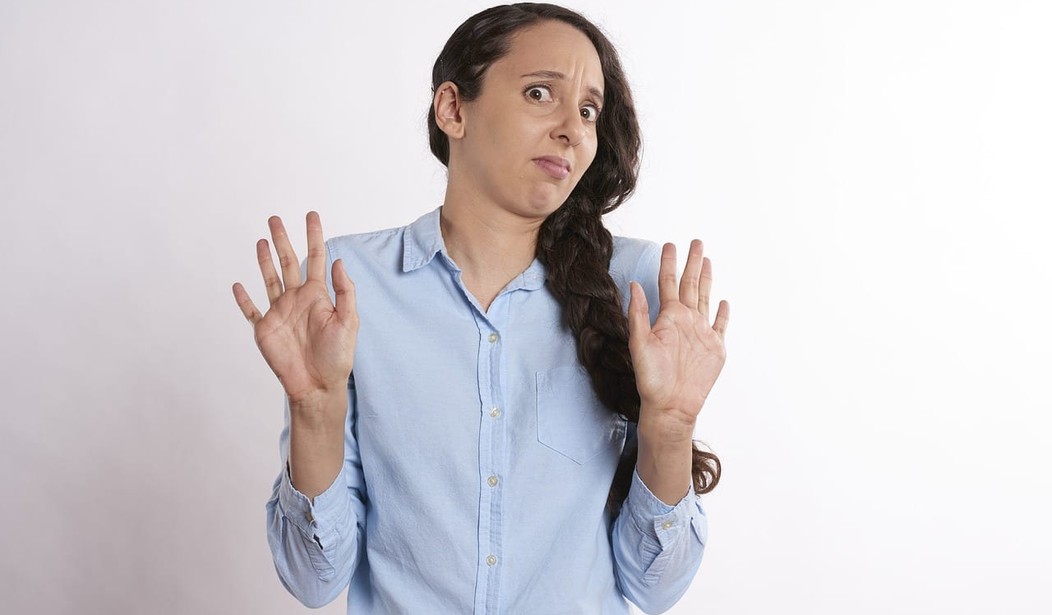Social justice warriors are a uniquely annoying part of American culture. They will find fault with everyone over a long enough time period, often over insignificant things, and will invariably lash out at anything other than perfect adherence to their own particular brand of zealotry.
Now, an SJW is speaking out about why he fears his own:
Callout culture. The quest for purity. Privilege theory taken to extremes. I’ve observed some of these questionable patterns in my activist communities over the past several years.
As an activist, I stand with others against white supremacy, anti-blackness, cisheteropatriarchy, capitalism, and imperialism. I am queer, trans, Chinese American, middle class, and able-bodied.
Holding these identities scattered across the spectrum of privilege, I have done my best to find my place in the movement, while educating myself on social justice issues to the best of my ability. But after witnessing countless people be ruthlessly torn apart in community for their mistakes and missteps, I started to fear my own comrades.
As a cultural studies scholar, I am interested in how that culture — as expressed through discourse and popular narratives — does the work of power. Many disciplinary practices of the activist culture succeed in curbing oppressive behaviors. Callouts, for example, are necessary for identifying and addressing problematic behavior. But have they become the default response to fending off harm? Shutting down racist, sexist, and similar conversations protects vulnerable participants. But has it devolved into simply shutting down all dissenting ideas? When these tactics are liberally applied, without limit, inside marginalized groups, I believe they hold back movements by alienating both potential allies and their own members.
In response to the unrestrained use of callouts and unchecked self-righteousness by leftist activists, I spend enormous amounts of energy protecting my activist identity from attack. I self-police what I say when among other activists. If I’m not 100 percent sold on the reasons for a political protest, I keep those opinions to myself — though I might show up anyway.
On social media, I’ve stopped commenting with thoughtful push back on popular social justice positions for fear of being called out. For example, even though some women at the 2017 women’s march reproduced the false and transmisogynistic idea that all women have vaginas, I still believe that the event was a critical win for the left and should not be written off so easily as it has been by some in my community.
I can sympathize … to a point.
You see, the author still thinks these activities are all good things, they’ve just gone too far. Of course, he’s wrong.
The act of shutting down allegedly racist conversations doesn’t do anything except justify shutting down uncomfortable conversations. It’s not that they are taking these acts to extremes, but that doing these acts whatsoever is extreme. Calling people out is nothing more than an attempt to shame people into obedience, a modern-day scarlet letter placed on one’s chest.
For us on this side of the political divide, though, we say: “Carry on.” We get amused every time we see SJWs trying to devour one another for less than 100 percent adherence to each individual’s doctrine. We laugh at it. And we are winning our argument without us lifting a finger.









Join the conversation as a VIP Member